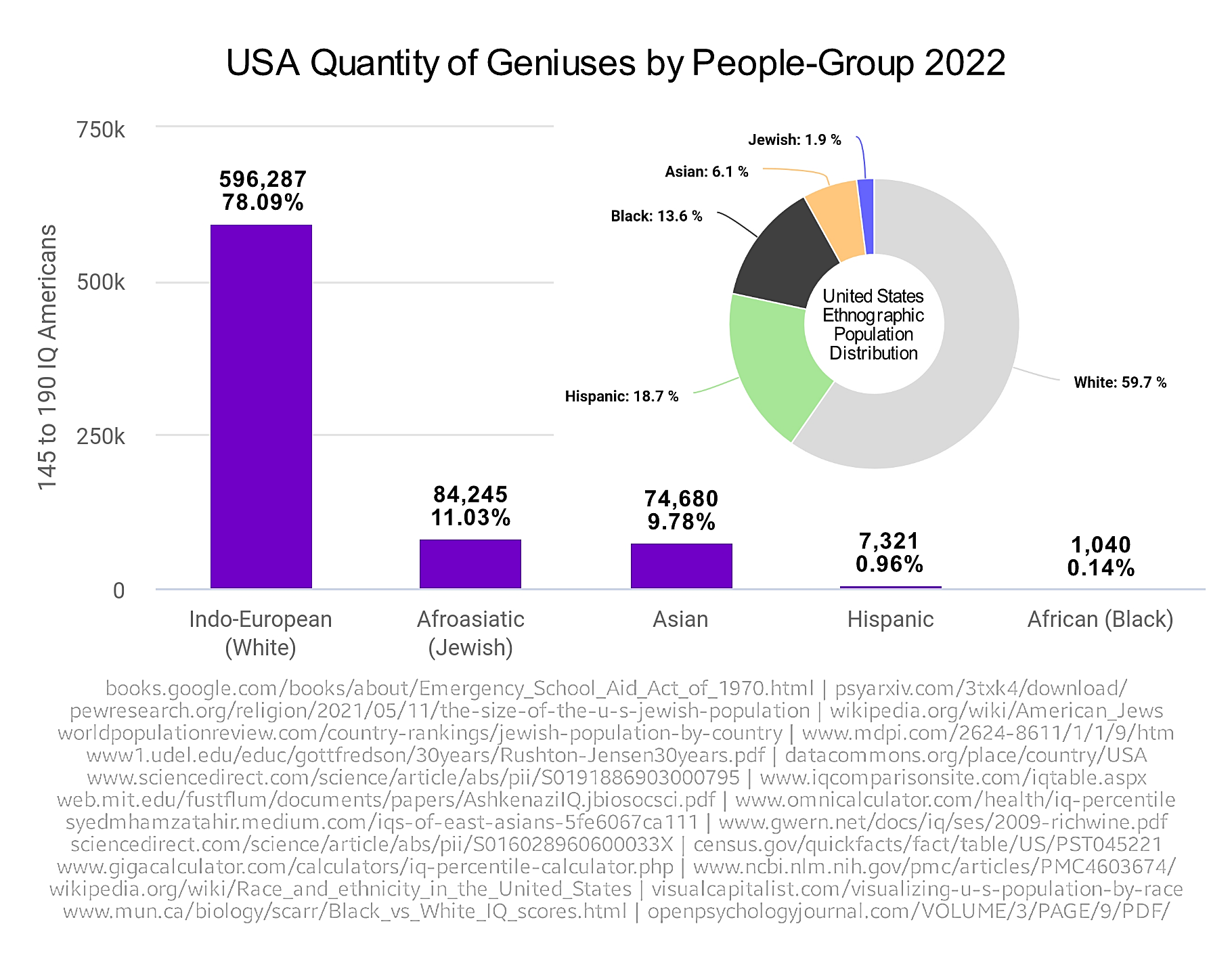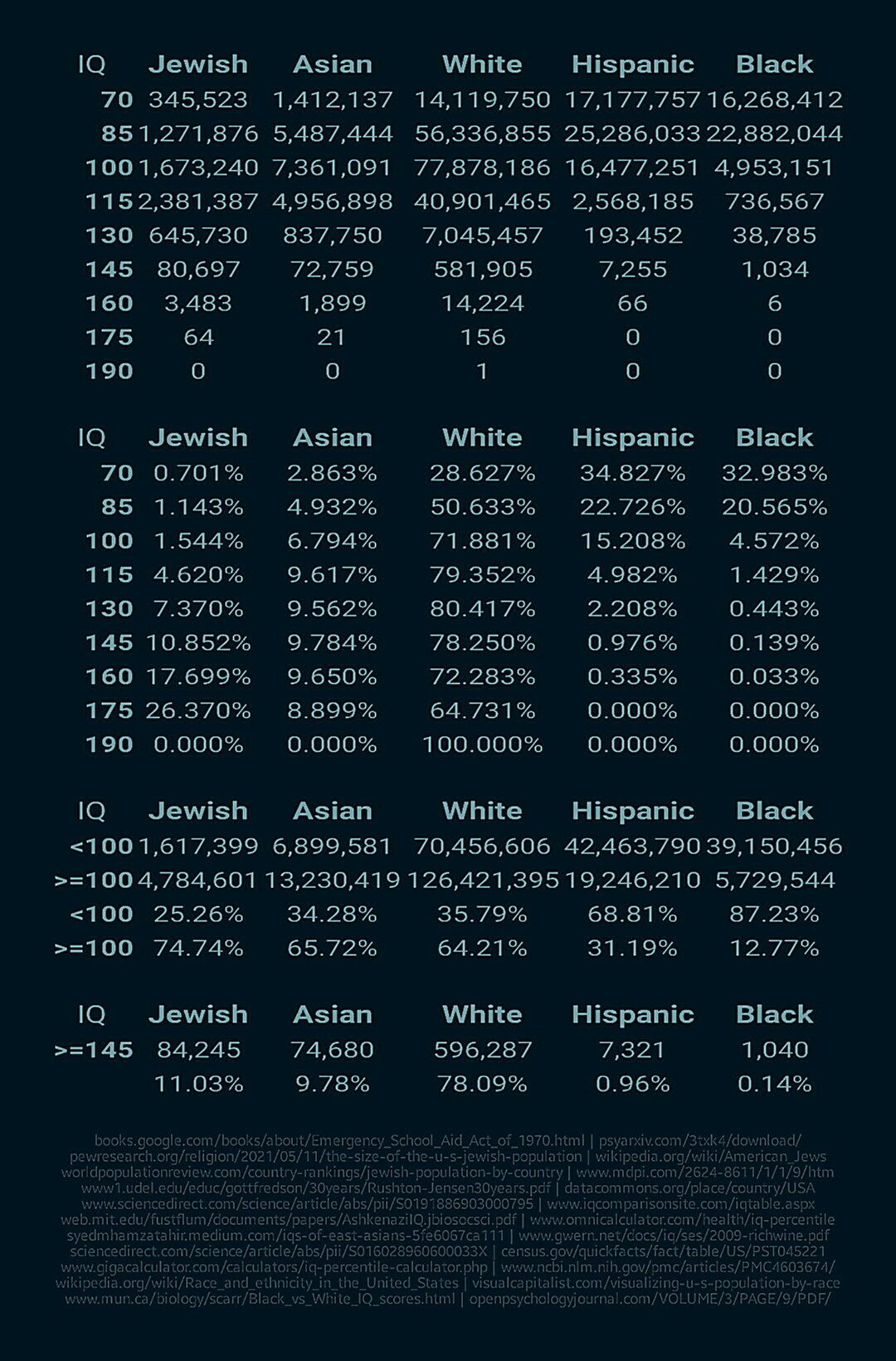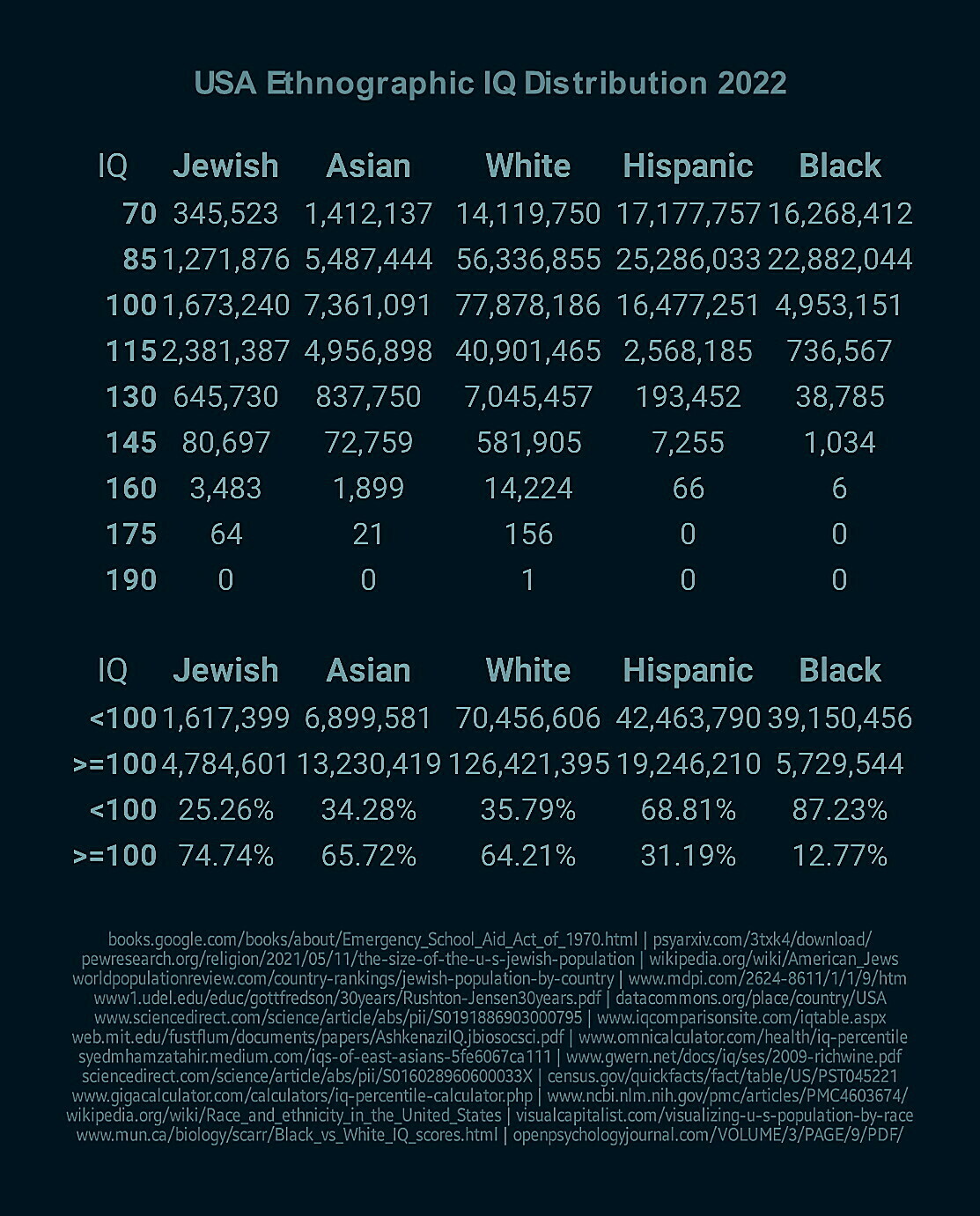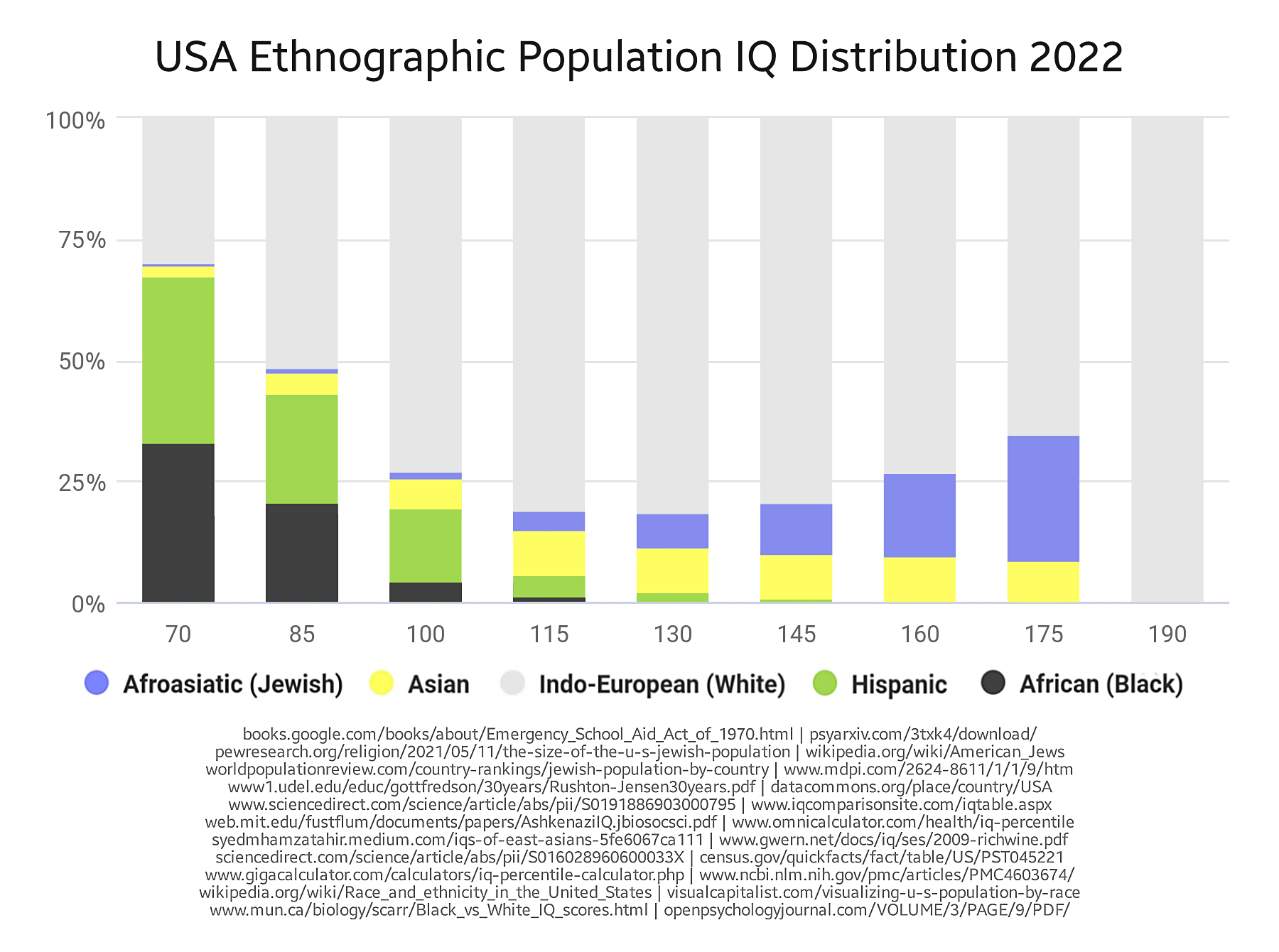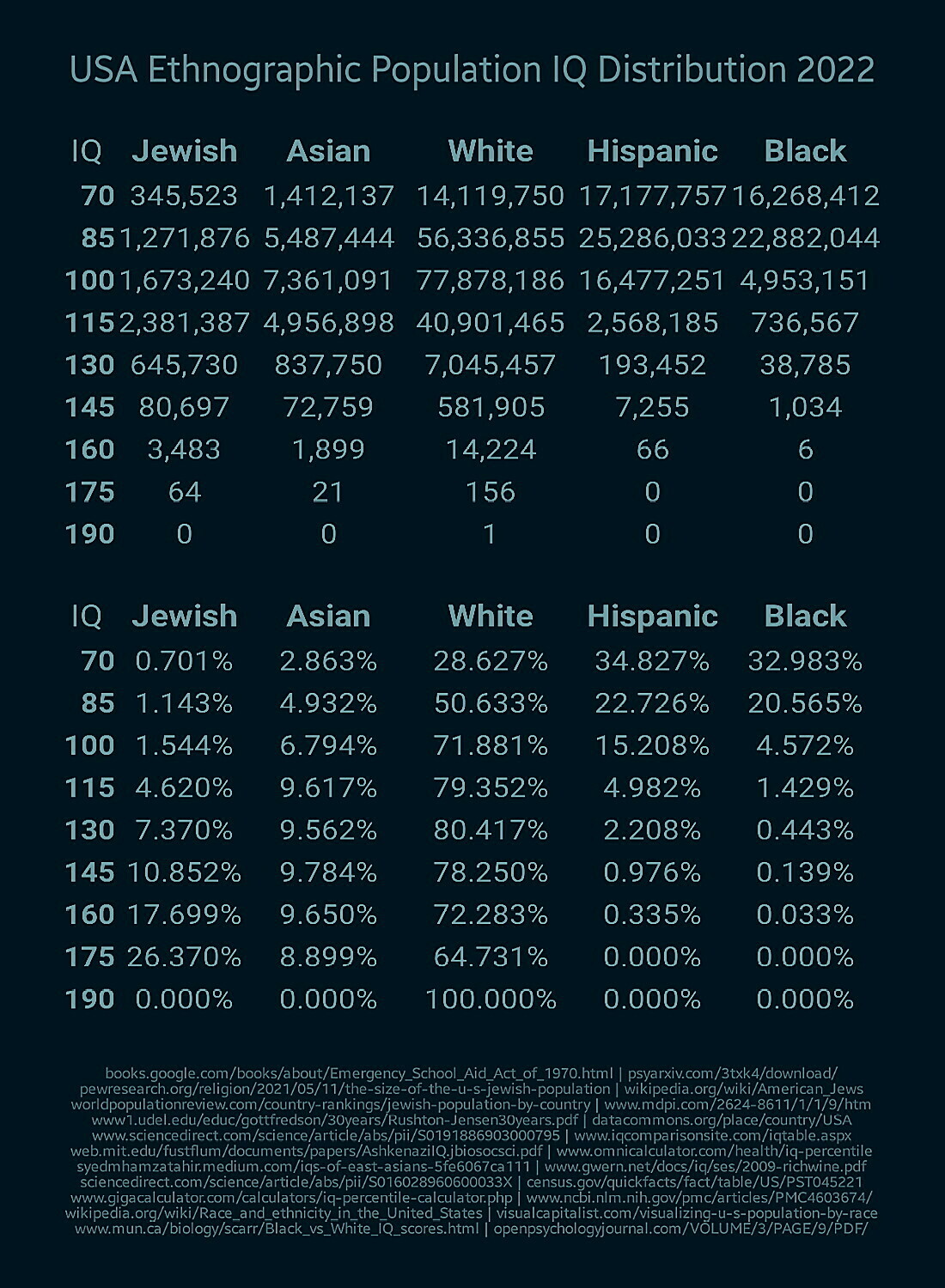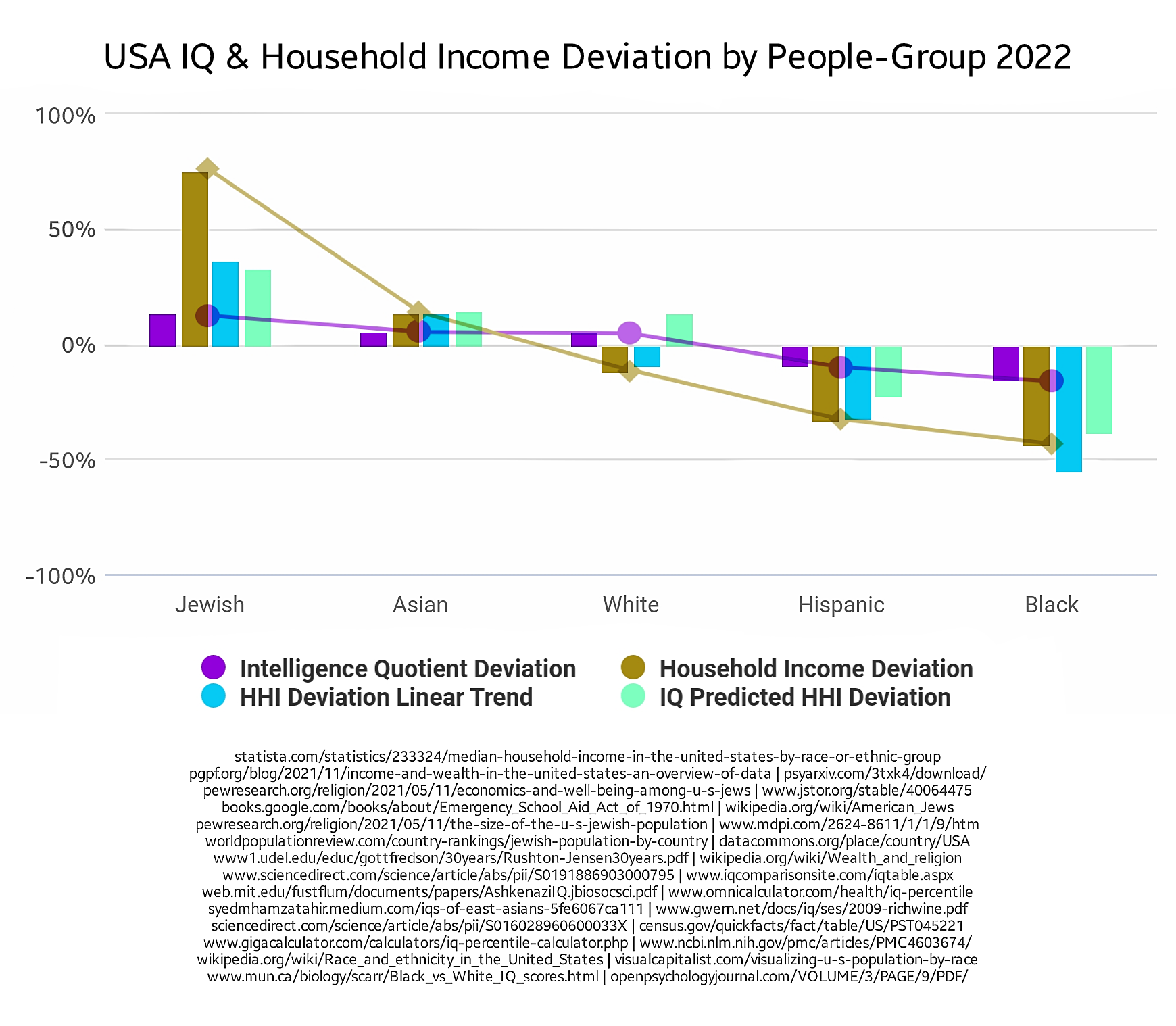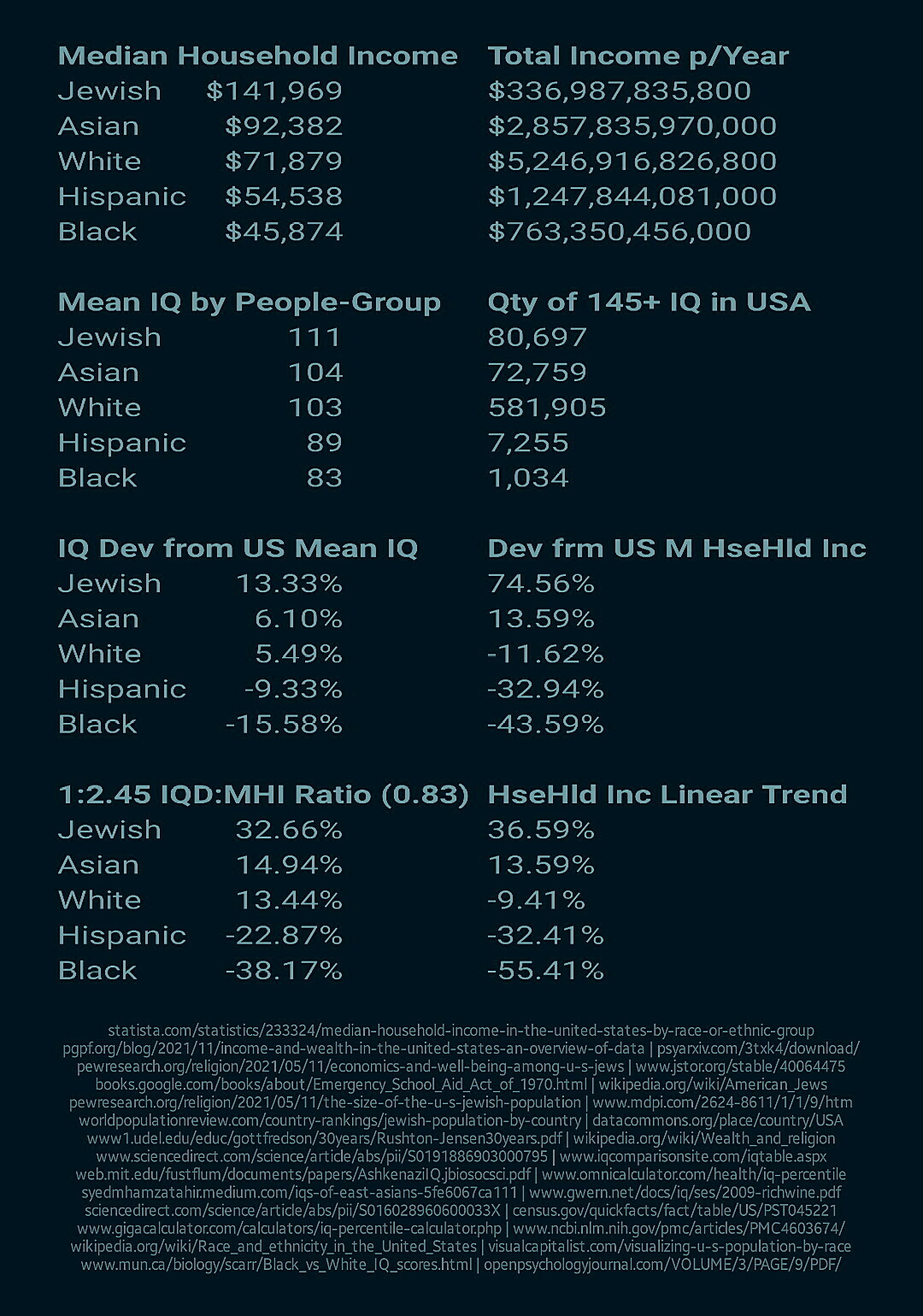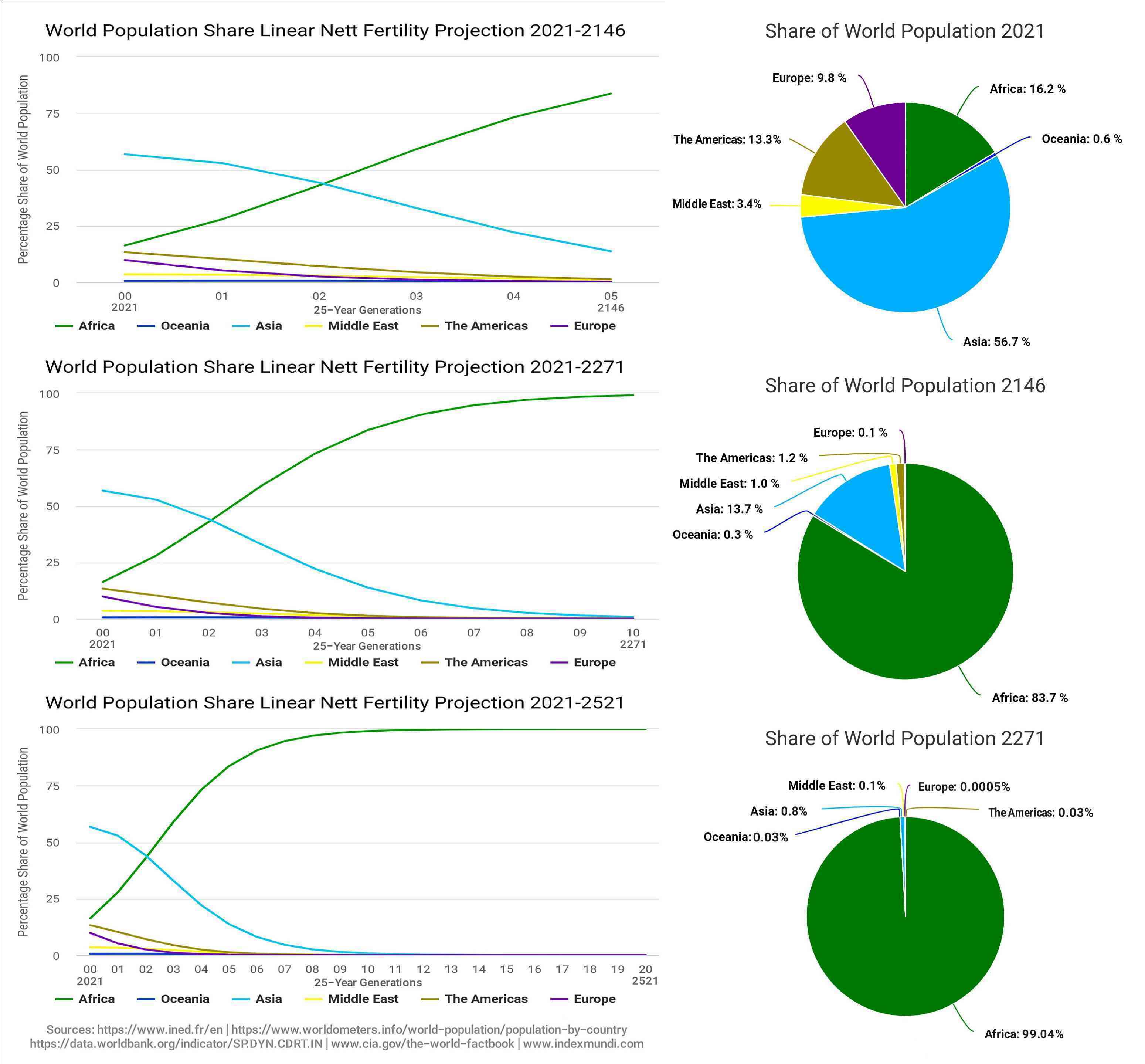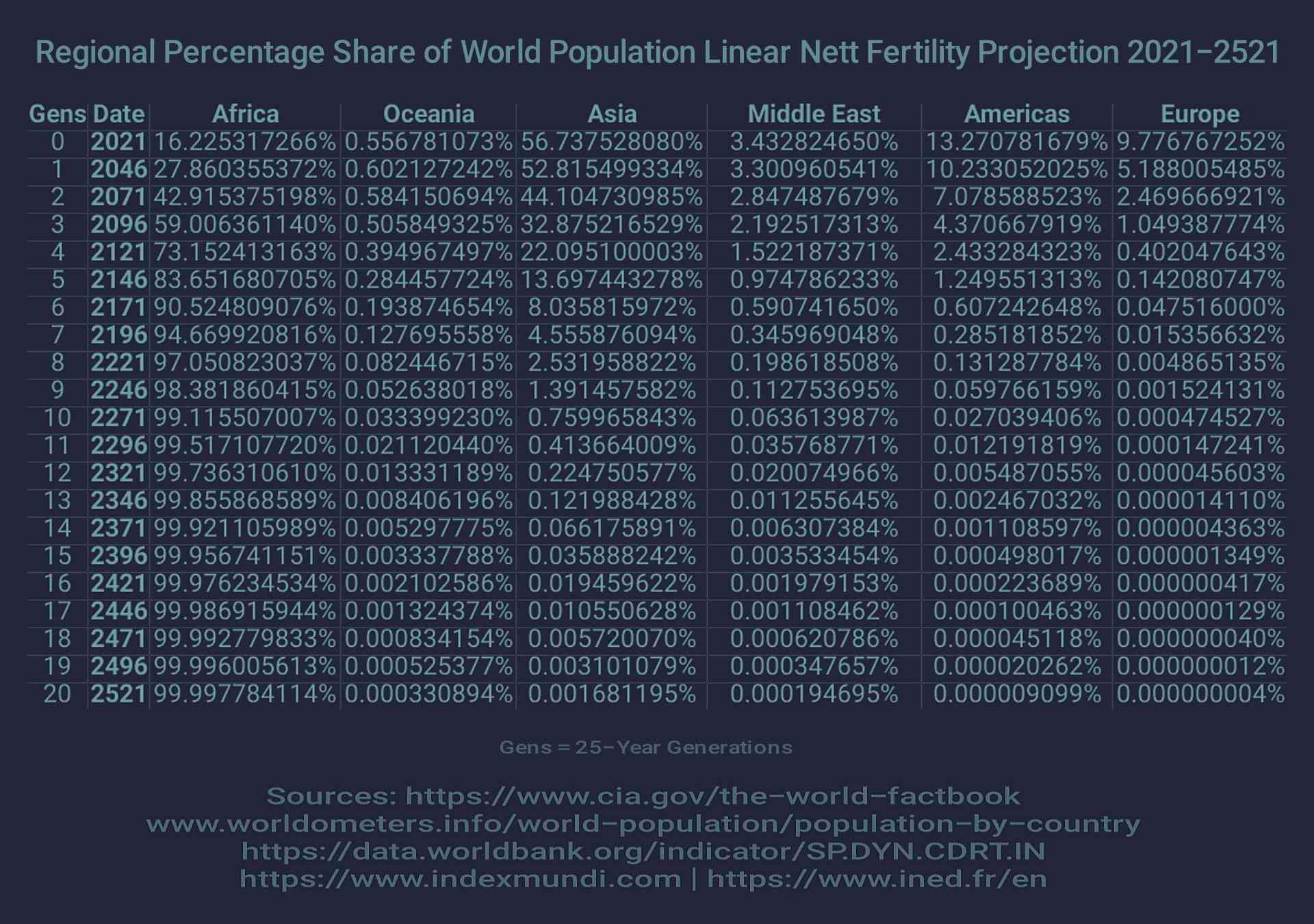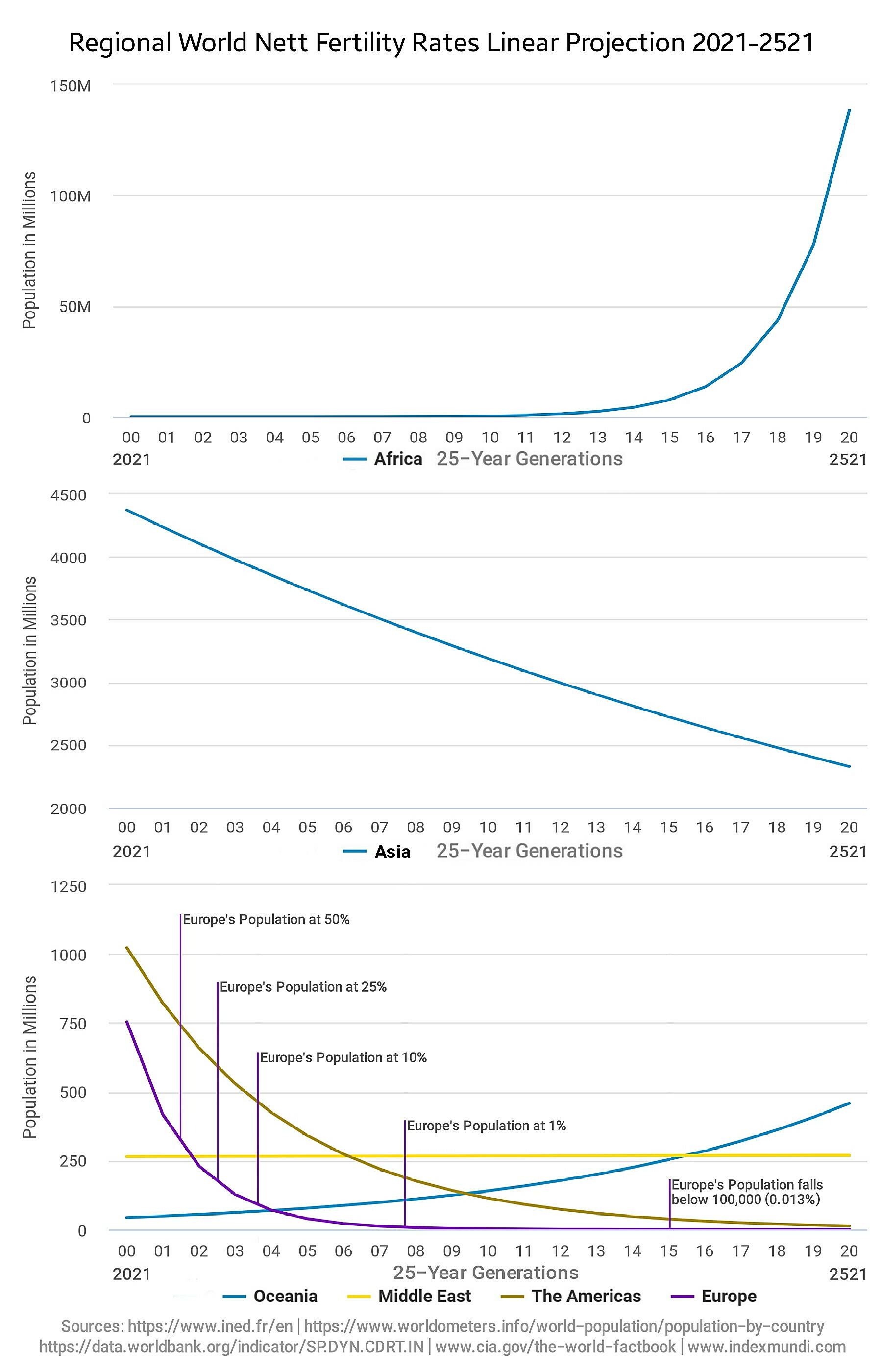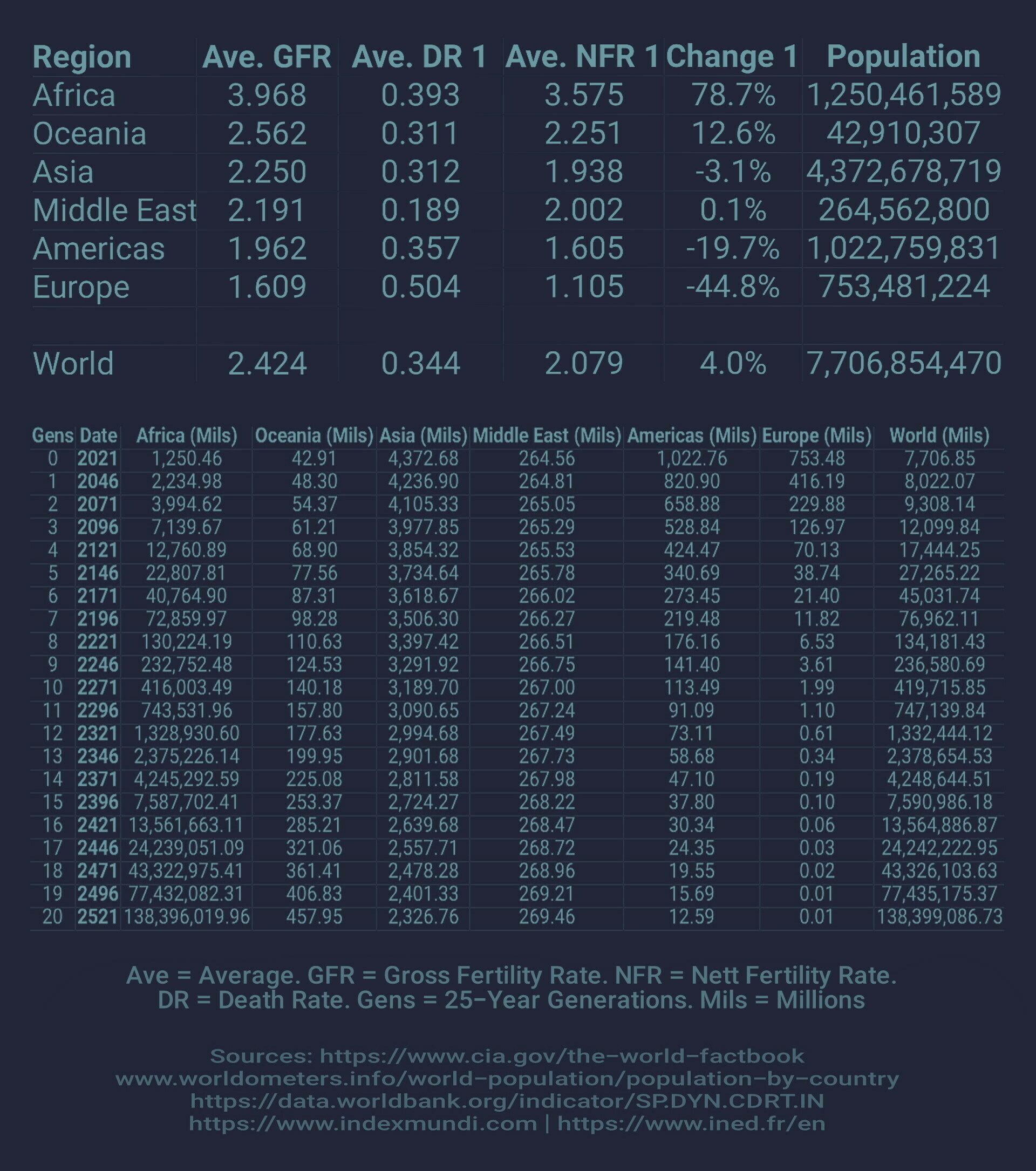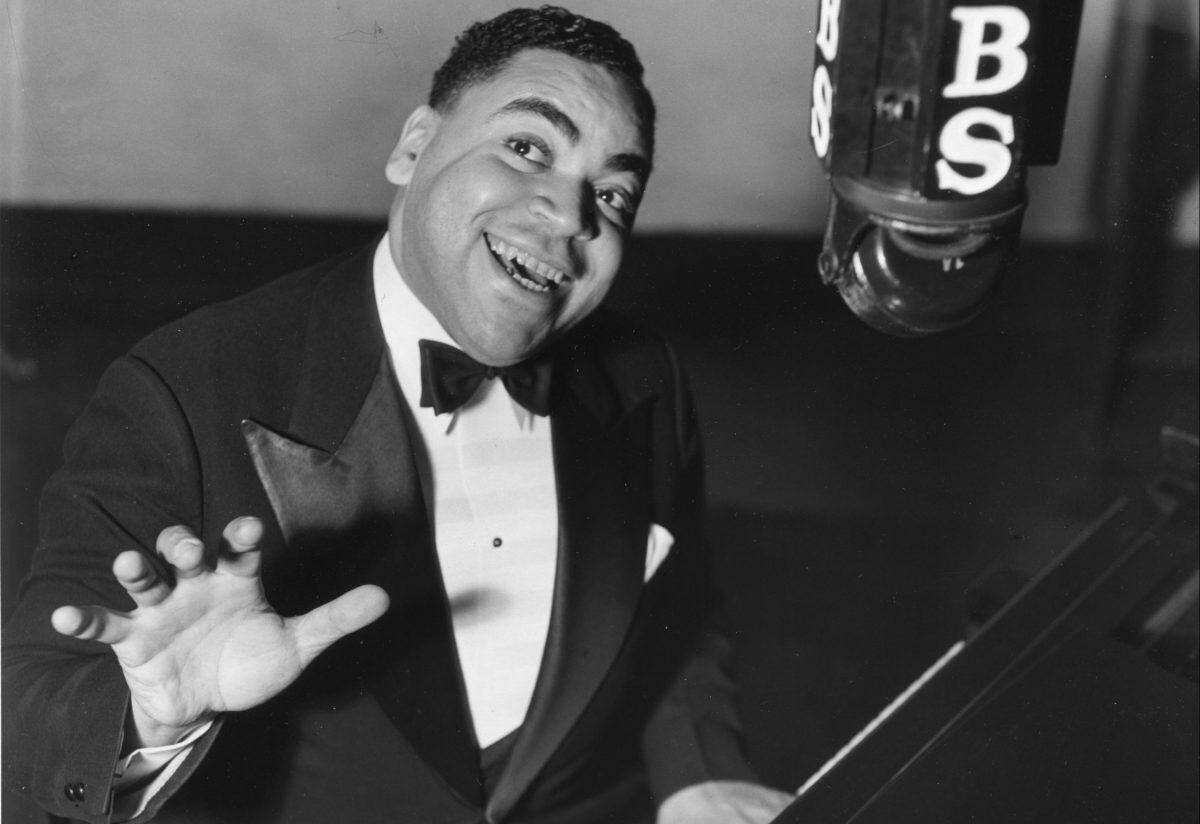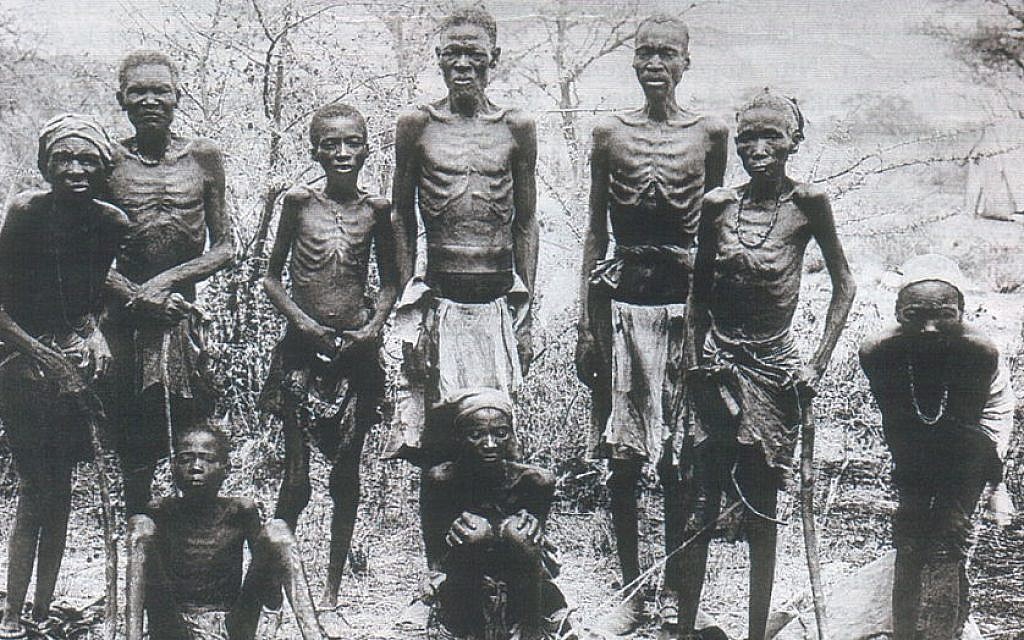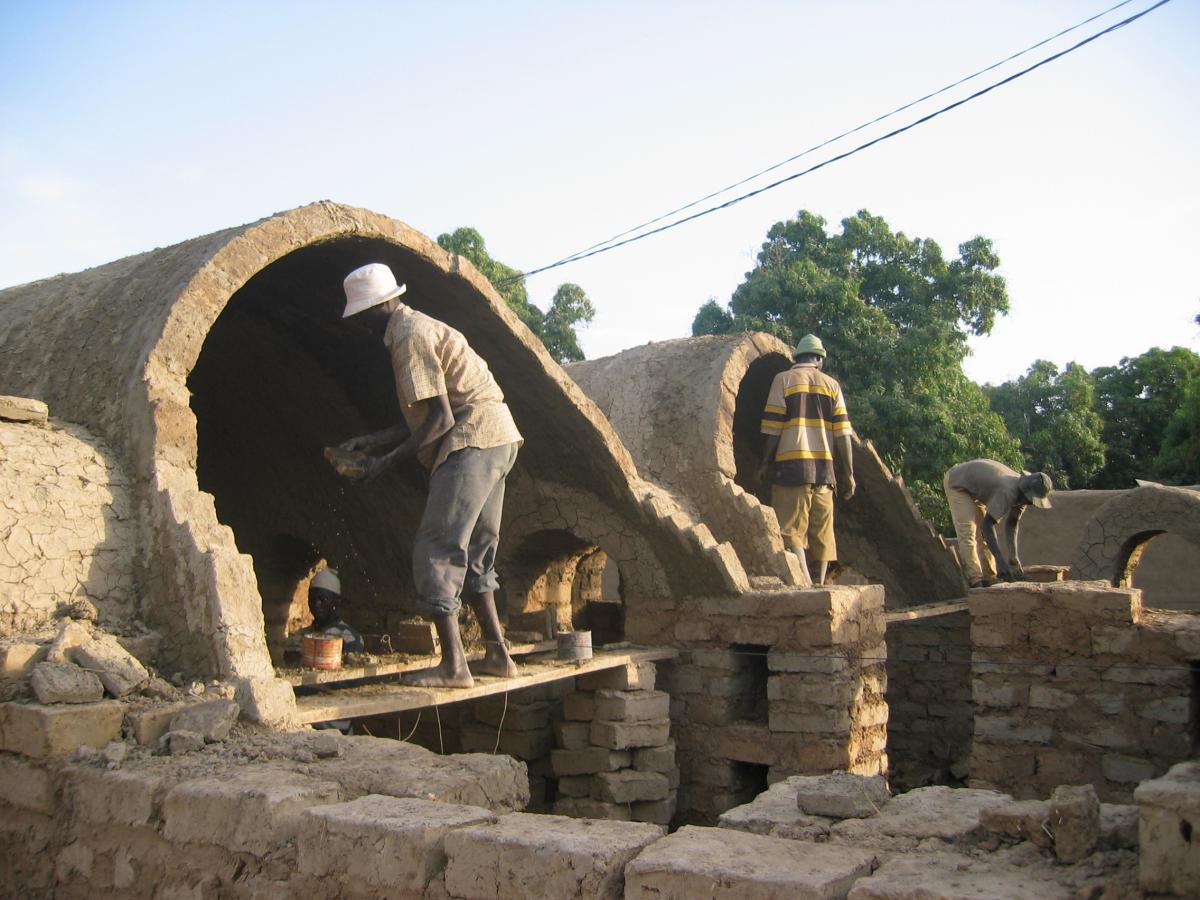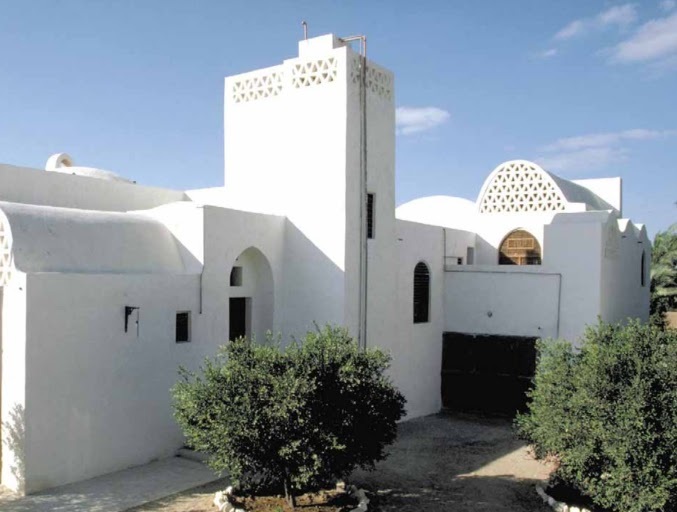#HassanFathy #Egyptian #Architect #Engineer #Professor #Artist #Musician #Visionary #Inventor #Arab #Pioneer #Architecture #Mud #Brick #Adobe #Nubian #African #Building #Techniques #Earth #Vernacular #Design #Traditional #Culture #History #Egypt #Our #World
Hassan Fathy (1900 – 1989) حسن فتحي
Hassan Fathy, born in Alexandria, was a cosmopolitan trilingual professor-engineer-architect, musician, dramatist, and inventor. One of Egypt's most renowned architects. Fathy was recognized with the Aga Khan Award for Architecture Chairman’s Award in 1980.
He designed nearly 160 separate projects, from modest country retreats to fully planned communities with police, fire, and medical services, markets, schools, theatres, and places for worship and recreation. These communities included many functional buildings such as laundry facilities, ovens, and wells.
He utilized ancient design methods and materials, as well as knowledge of the rural Egyptian economic situation with a wide knowledge of ancient architectural and town design techniques. He trained local inhabitants to make their own materials and build their own buildings.
Hassan Fathy developed his own ideas, inculcating traditional Arab styles like the malkhaf (wind catcher), the shukshaykha (lantern dome) and the mashrabeya (wooden lattice screens). He designed complete communities including utilities and services, country retreats, special projects, and homes.
Hassan Fathy had already worked for decades in his beloved Egypt before he designed and built for the homeless community of Gourna, Upper Egypt,: which attracted international acclaim.
The old Gourna village was situated near archeological Pharaonic sites on the western shore of Upper Egypt. The Department of Antiquities commissioned Hassan Fathy to meet the challenge of providing a home for a poor community of 7,000 people. His solution differed drastically, not requiring the machinations of the established building industry of concrete and steel. For New Gourna he utilized natural resources using mud-brick, a signature of adobe architecture, and features of Egyptian architecture such as enclosed courtyards and domed vaulted roofing. He worked with the local people to develop the new village, training them to make the materials to construct their own buildings with. In this way, he was able to provide an environment specific to the inhabitants’ needs and revive decorative techniques that were quickly disappearing with the expansion of the Global Village.
Hassan Fathy's General Principles as Guidelines:
Belief in the primary of human values in architecture.
Importance of a universal rather than a limited approach.
Use of appropriate technology.
Need for socially oriented, cooperative construction techniques.
Essential role of tradition.
Re-establishment of national cultural pride through the act of building.
"How do we go from the architect/constructor system to the architect-owner/builder system? One man cannot build a house, but ten men can build ten houses very easily, even a hundred houses. We need a system that allows the traditional way of cooperation to work in our society. We must subject technology and science to the economy of the poor and penniless. We must add the the aesthetic factor because the cheaper we build the more beauty we should add to respect man." -Hassan Fathy
One of the most outstanding Arab architects of our time, a great inspiration ~

